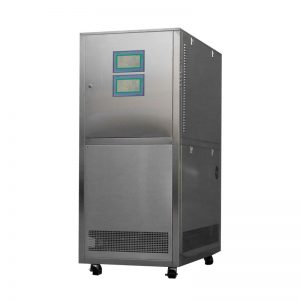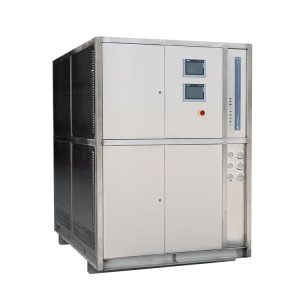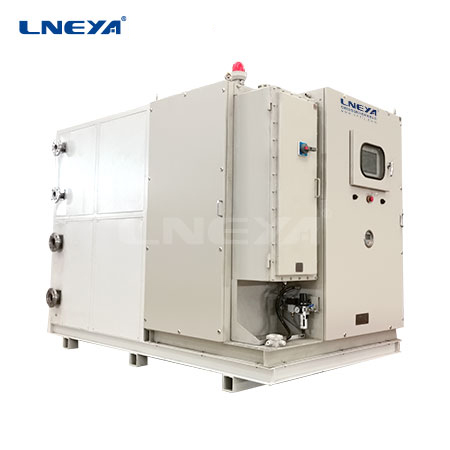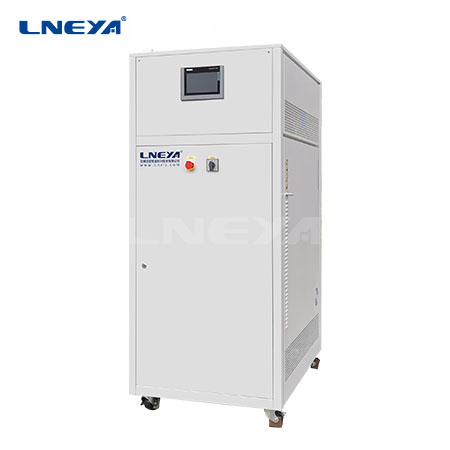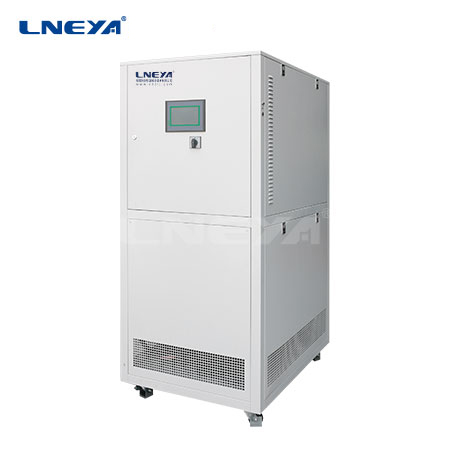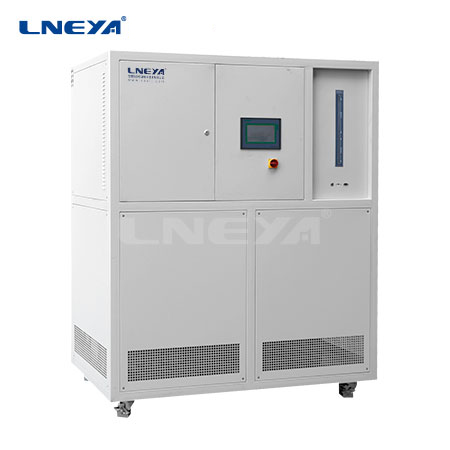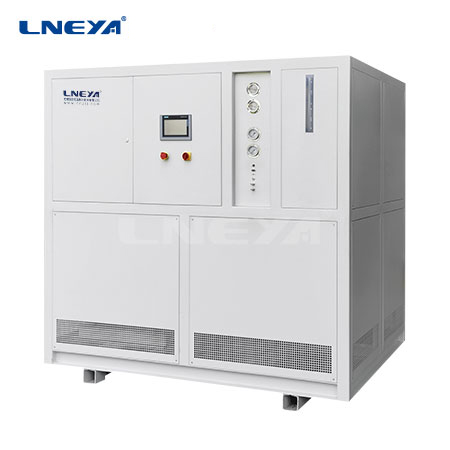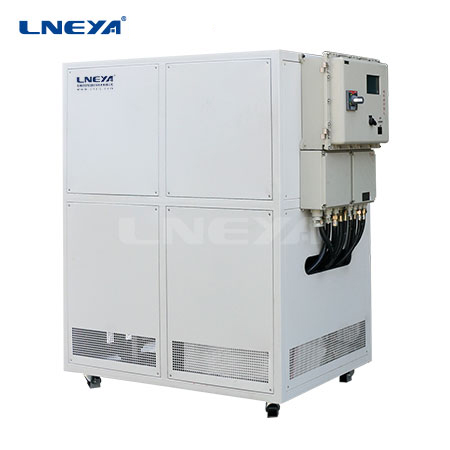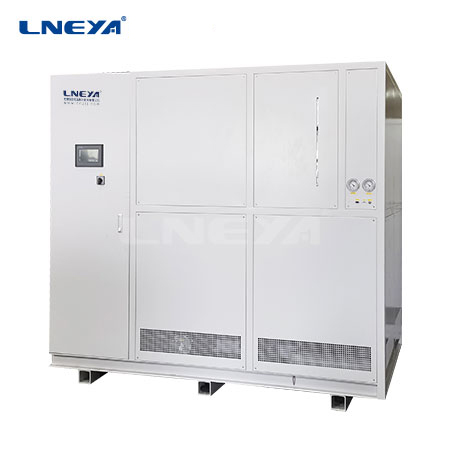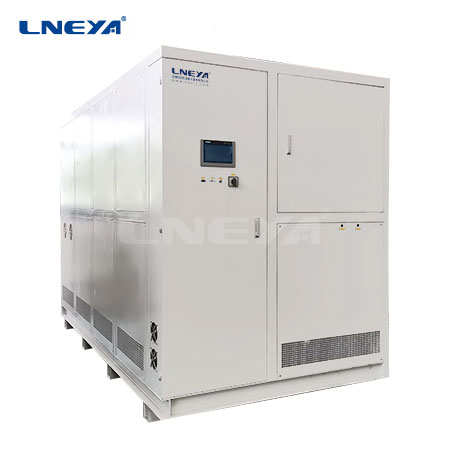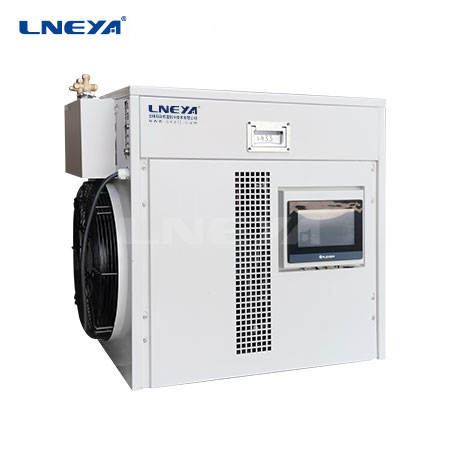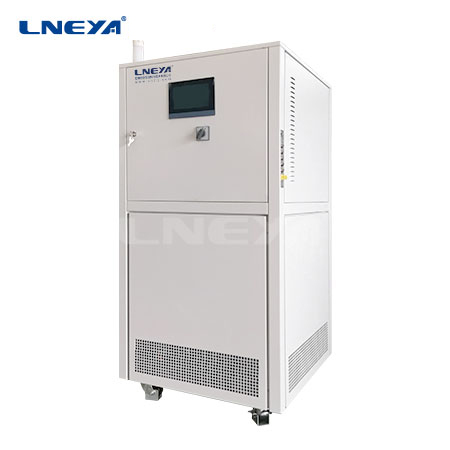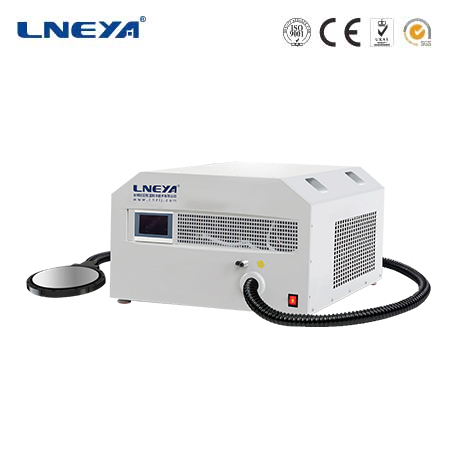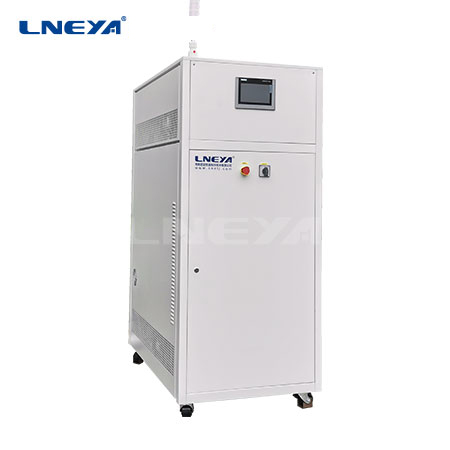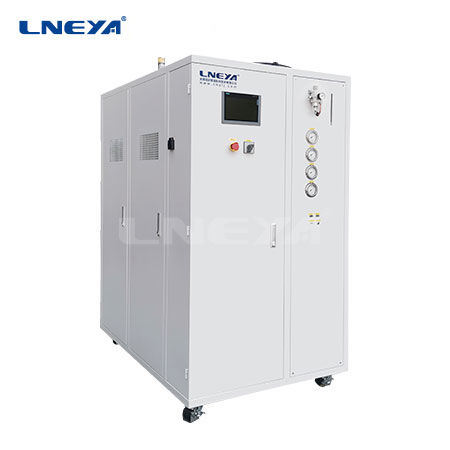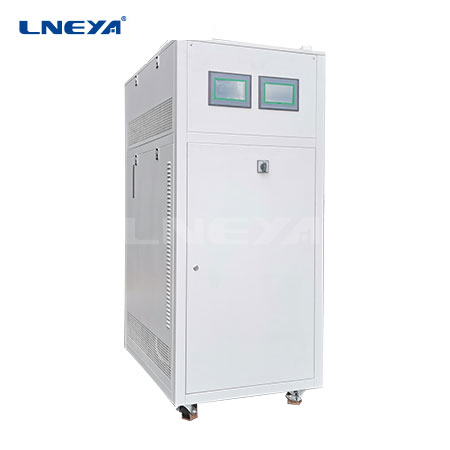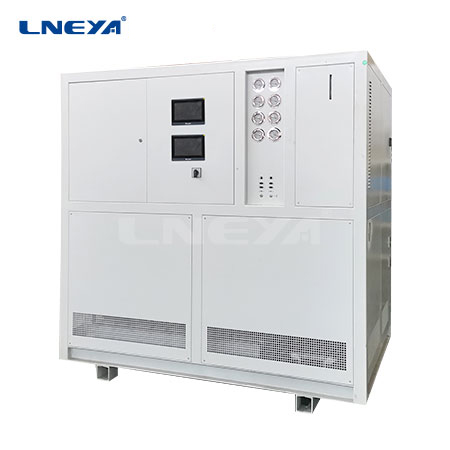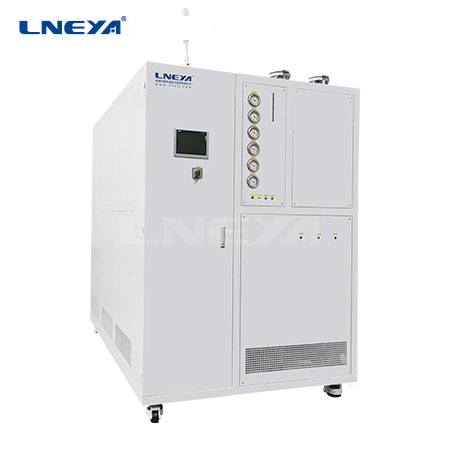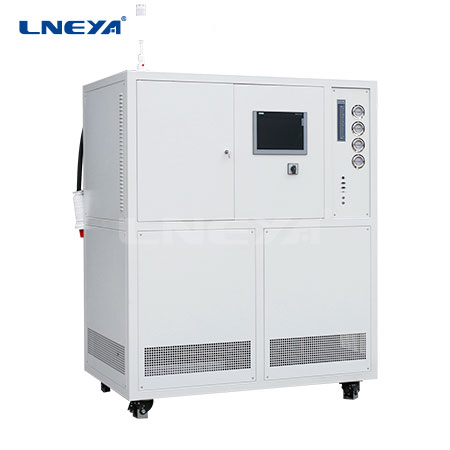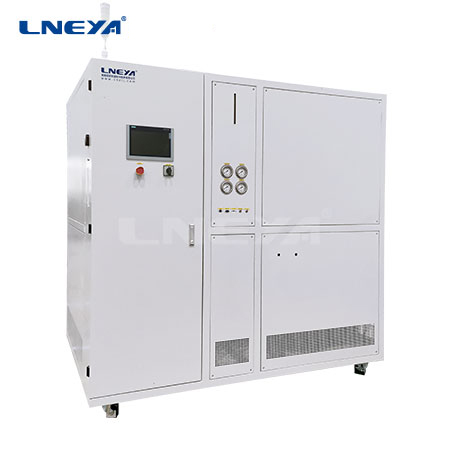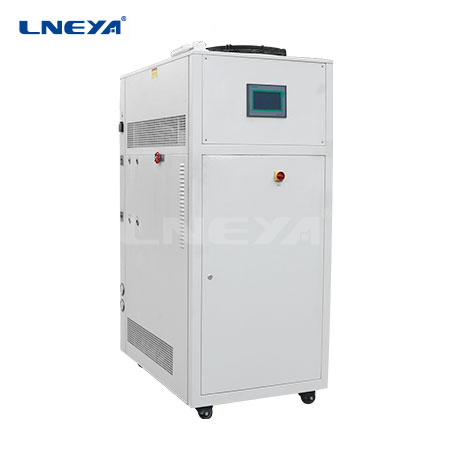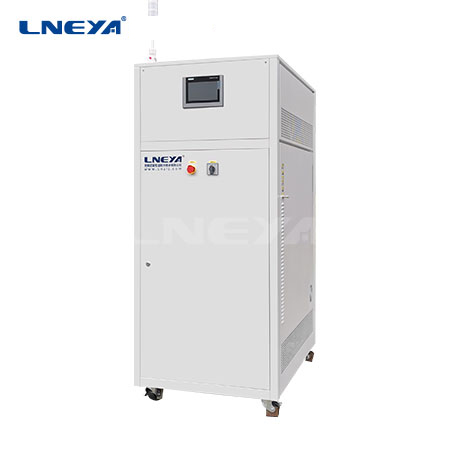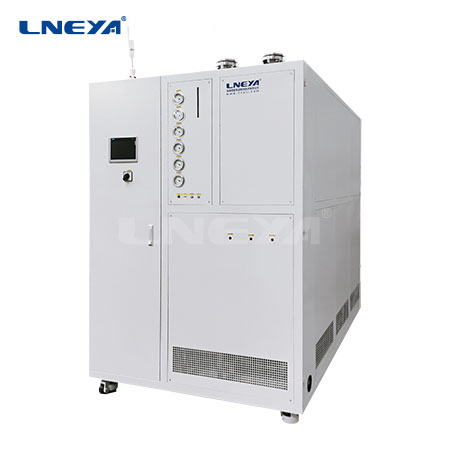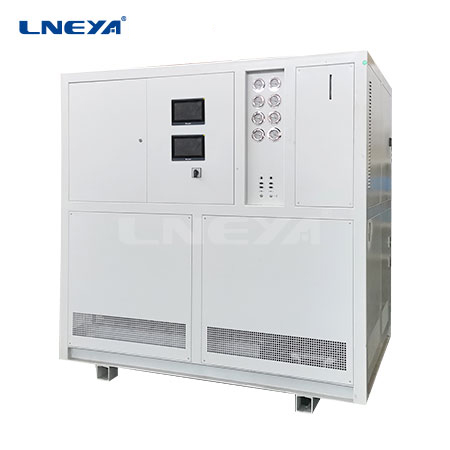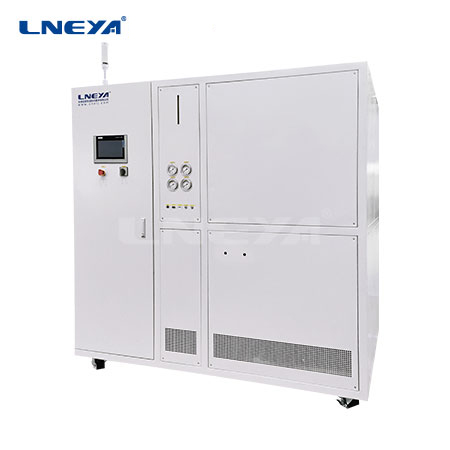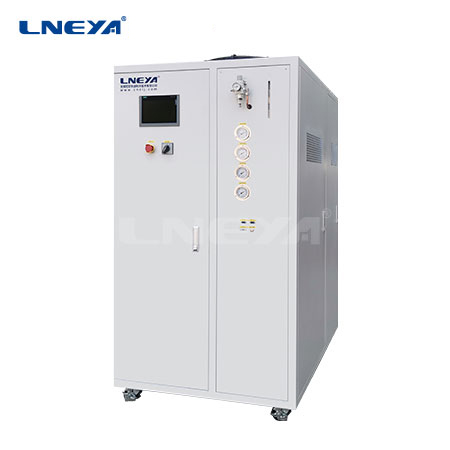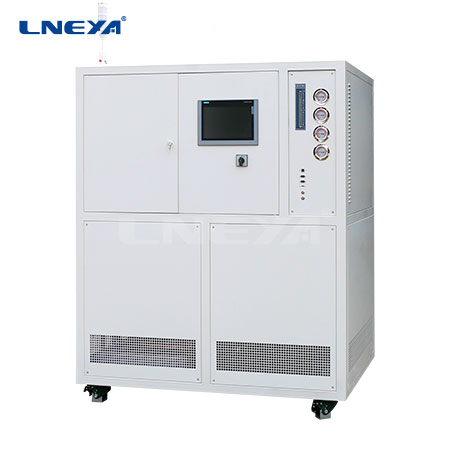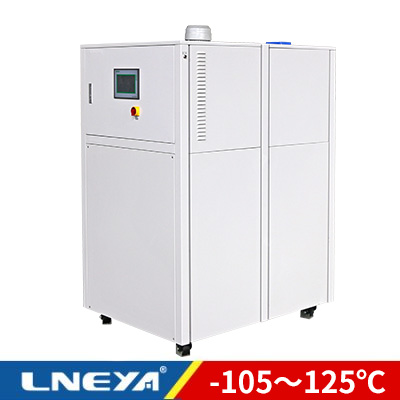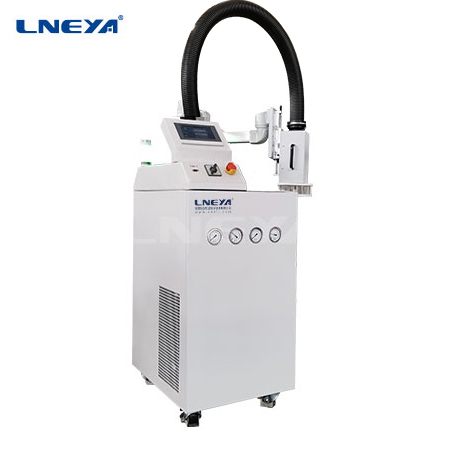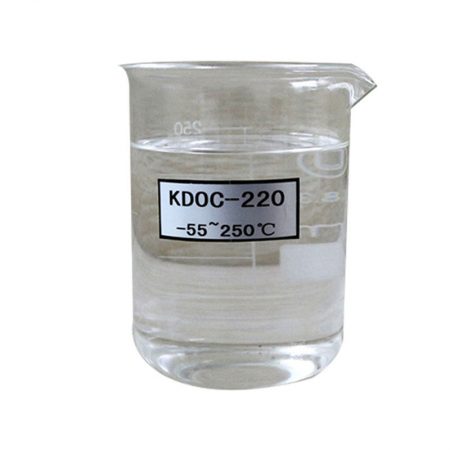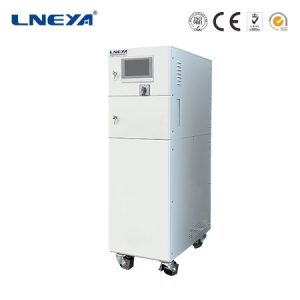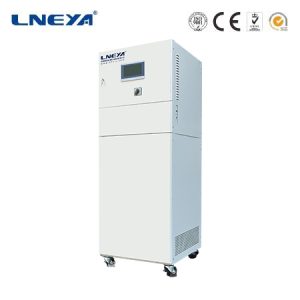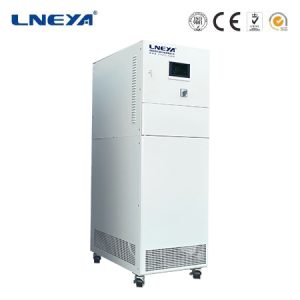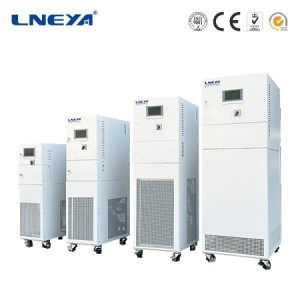Heater for Chemistry Lab: A Comprehensive Guide
In the realm of chemistry, precise temperature control is often a critical factor in success. A heater for a chemistry lab is an essential piece of equipment that provides the necessary heat for a wide range of experiments, from simple complex organic syntheses. This article will explore the various types of heaters used in chemistry labs, their applications, safety considerations, and maintenance tips. It will also discuss the importance of selecting the appropriate heater for specific requirements.

Types of Heaters for Chemistry Labs
There are several types of heaters commonly found in chemistry labs, each serving different purposes:
Hot Plates: These are flat, electrically heated surfaces used for direct heating of containers such as beakers, flasks, and Erlenmeyer flasks. They are available in various sizes and power ratings, with temperature controls that allow for precise adjustments.
Oil Baths: Oil baths are used when a temperature higher than what a hot plate can provide is needed. They consist of a container filled with a thermal oil that is heated by an immersion heater. The oil provides a consistent and even heat distribution.
Sand Baths: Similar to oil baths, sand baths use sand as the heat transfer medium. They are ideal for temperatures up to 500°C and are often used for drying samples or providing a gentle heat source.
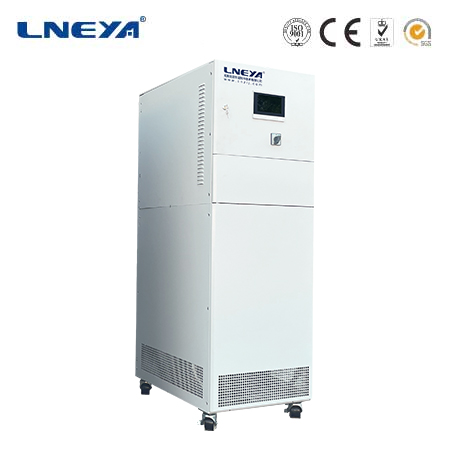
Heating Mantles: These are flexible or semi-rigid jackets that encase the bottom of a round-bottom flask. They are used for heating liquids in a controlled manner and are available with digital temperature controls for precise temperature management.
Applications of Heaters in Chemistry Labs
Heaters in chemistry labs are used in a variety of applications, including:
Digestion of Samples: In analytical chemistry, heaters are used to digest samples in strong acids or bases for further analysis.
Thermal Decomposition: Heaters provide the necessary high temperatures for experiments involving the decomposition of compounds.
Crystallization: Precise temperature control is essential in the crystallization process, and heaters play a crucial role in maintaining the temperature for crystal growth.
Reactions at Elevated Temperatures: Many chemical reactions require heat to proceed, and heaters provide the necessary conditions for these reactions to take place.
Safety Considerations
When using heaters in a chemistry lab, safety is of paramount importance. Here are some safety tips to consider:

Temperature Monitoring: Always monitor the temperature, especially when working with flammable solvents or sensitive chemicals.
Use of Heat-Resistant Containers: Ensure that the containers used are heat-resistant and appropriate for the temperature range of the heater.
Ventilation: Work in a well-ventilated area to avoid the buildup of fumes or gases.
Training: Ensure that all lab personnel are trained in the safe operation of heating equipment.
Maintenance Tips
Proper maintenance of heaters is crucial for their longevity and performance. Here are some maintenance tips:
Cleanliness: Regularly clean the heater surface to prevent residue buildup, which can affect heat distribution and performance.
Inspection: Inspect the heater for any signs of damage, such as cracks or frayed cords, and replace it if necessary.
Conclusion
A heater for a chemistry lab is a versatile tool that enables chemists to perform a wide range of experiments that require precise temperature control. By understanding the different types of heaters, their applications, safety considerations, and maintenance tips, lab personnel can ensure efficient and safe use of these essential pieces of equipment. As technology advances, heaters for chemistry labs continue to evolve, offering improved control, efficiency, and safety features to meet the demanding needs of scientific research.
 LNEYA
LNEYA
 简体中文
简体中文










